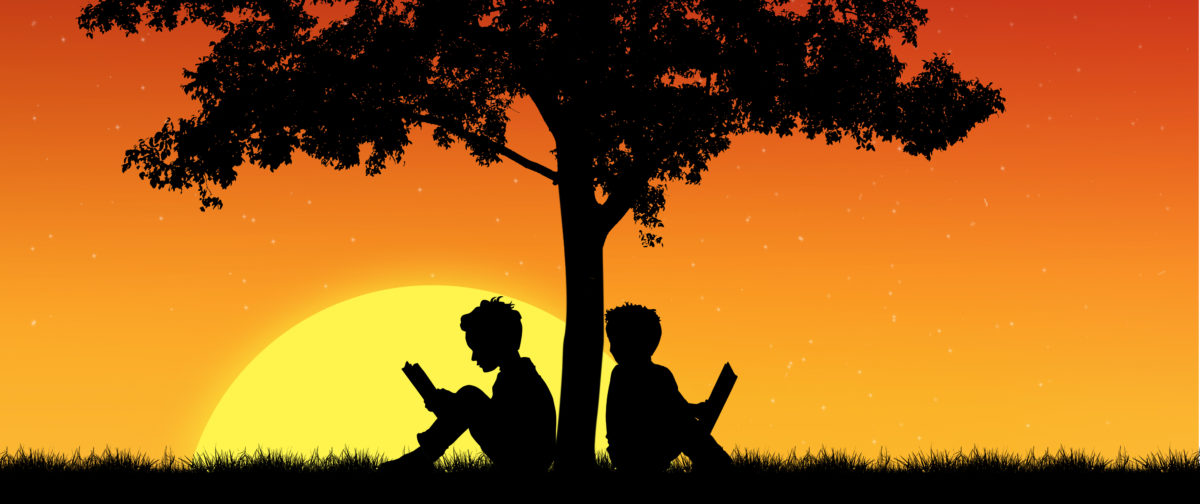One third of Historycal Roots visited Birmingham Museum and Art Gallery last week to view The Past is Now – Birmingham and the British Empire exhibition.
The exhibition makes links between famous figures from the city’s past and the slave trade. For example, Birmingham-born Francis Galton who coined the term eugenics which involved forced sterilisation, controlled breeding and restricting marriages.
Another is Joseph Chamberlain who as a former Colonial Secretary of Britain was considered by many to be responsible for British brutality in South Africa particularly during the 2nd Boer War in 1899 which was known as “Joe’s War”. Ironically the Museum is situated in Chamberlain Square, named after Joseph.
The exhibition also shows how some of the products of Birmingham’s thriving industry in the 19th century was used to support the slave trade. This included guns and leg irons.
The exhibition doesn’t attempt to impose views on others but encourages visitors to think. There is a white board where people can write down their feelings.
The rest of the Museum and Art Gallery has much of interest in terms of Black History. You can learn about William Davidson who, after being born a slave moved to Scotland where he became a lawyer before moving to Birmingham in the early 1800s where he became a cabinet maker. Or another former slave Peter Stanford. Born in America, he became Birmingham’s first black Christian minister in 1887.
If art is your subject then look out for the painting of Joseph Sturge and a young black girl (below). Sturge was a prominent member of the Birmingham Anti-Slave Society.

The Past is Now runs until 12 March 2018 and is worth a visit. But be warned, there is very little publicity about it in the Museum itself and nor is it well sign-posted so don’t give up if at first you can’t locate it.
You should be able to find out more about the exhibition here:
http://www.birminghammuseums.org.uk/bmag/whats-on/the-past-is-now-birmingham-and-the-british-empire



